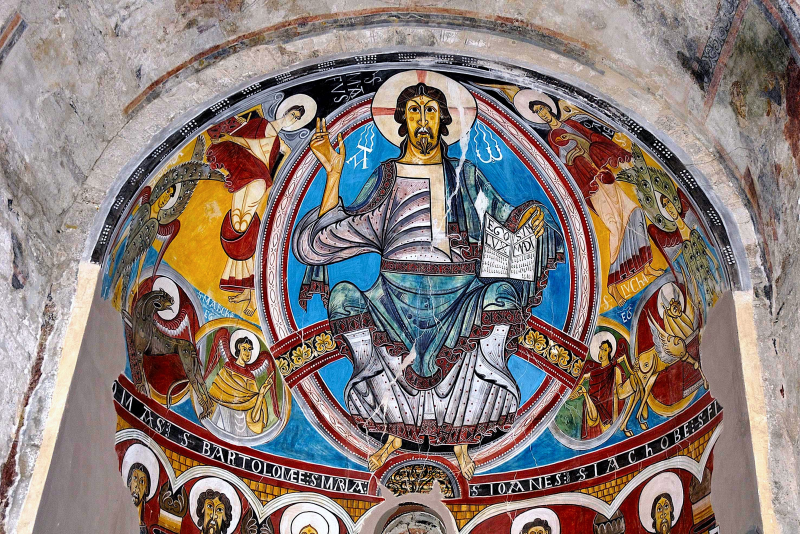Sleeping Well for a Better Life: Ideas That Will Make You Rethink Your Nights
Sleeping Well for a Better Life: Ideas That Will Make You Rethink Your Nights

Sleep has always been seen as a basic need, but rarely as a powerful tool for transforming our health, well-being, and performance. In his TED Talk, neuroscientist Matthew Walker—sleep expert and author of the bestseller Why We Sleep—helps us understand what happens when we don’t get enough sleep. With a fun and insightful style, Walker reveals shocking data on how lack of sleep affects the body, mind, and even our DNA. This summary aims to share the key points from that talk, seeking to provide ideas for younger people, who often sacrifice sleep for entertainment or social media.
The Downsides of Too Little Sleep
Walker begins his talk with a disconcerting fact: men who sleep only five hours a night have significantly smaller testicles than those who sleep seven or more. With humor, but with serious facts, he makes it clear from the start that sleep is not a luxury, but a biological necessity.
One of the most important points he addresses is the impact of sleep on learning and memory. Sleep not only consolidates what was learned during the day but also prepares the brain for learning the next day. If we don’t sleep, the brain’s “inbox”—a region called the hippocampus—becomes saturated and can no longer store new information. In an experiment with two groups (one with eight hours of sleep and the other sleep-deprived), those who didn’t sleep showed a 40% reduction in their memorization ability. It’s like going from passing with flying colors to failing outright. This memory loss isn’t just temporary: it’s also linked to cognitive decline in old age and diseases like Alzheimer’s. Deep sleep, which tends to decrease with age, is key to transferring memories from short-term to long-term memory.
But the brain isn’t the only one affected. Walker devotes much of his talk to showing how lack of sleep damages the entire body. For example, insufficient sleep reduces the production of immune cells responsible for eliminating tumors—the so-called “natural killer cells”—by up to 70%. Just one night of sleeping four hours generates this drastic drop. And this is no exaggeration: studies show that those who sleep less have a higher risk of cancer, and even the World Health Organization has classified night shift work as a possible carcinogen.
The relationship between sleep and cardiovascular disease is also astonishing. With the time change for daylight saving time, when you lose just one hour of sleep, heart attacks increase by 24% the following day. And when you gain one hour in the fall, heart attacks decrease by 21%. This evidence is not only shocking, but it illustrates how sleep directly influences our daily health.
Beyond organs and systems, sleep even affects our DNA. A study in which sleep was limited to six hours for one week showed that more than 700 genes changed their expression levels. Some of the affected genes are linked to the immune system (which was depressed), while others were activated and are linked to the development of tumors, chronic inflammation, and cardiovascular disease.
Given this scenario, Walker poses a key question: what can we do? He doesn’t recommend sleeping pills, as they don’t replicate natural sleep. He offers two simple but powerful pieces of advice. The most important: regularity. Going to bed and getting up at the same time every day—even on weekends—is essential for restful sleep. And the second: keeping your bedroom cool, ideally around 18°C. Our bodies need to lower their temperature to initiate and maintain sleep, and a cool environment facilitates this.
For reflection
Matthew Walker’s talk is an urgent wake-up call for everyone, especially for young people who tend to undervalue sleep in favor of other habits. His central message is clear and compelling: sleep is not a waste of time or a luxury for the unindustrious. It is our body’s life support system, a tool for disease prevention, performance enhancement, and a source of well-being.
In a world that values productivity and constant connection, Walker invites us to claim our right to sleep well. Sleep is an investment in ourselves. If we want to live longer, think better, remember more, get sick less, age with dignity, and thus serve others better, we must start with the basics: getting the necessary hours of sleep.
 (EN)
(EN)
 (ES)
(ES)
 (IT)
(IT)





